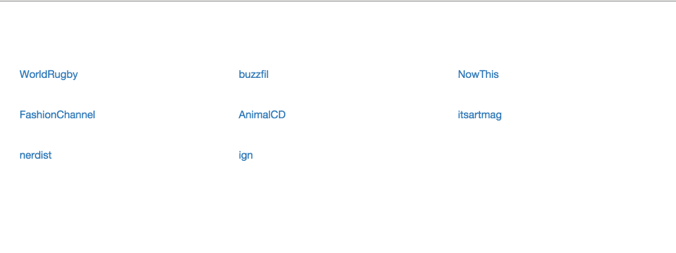React Portal Tooltip
Awesome tooltips.




Installation
$ npm install react-portal-tooltip
Warning The versions 2.x on npm are compatible with React 16. Corresponding versions for older versions of React:
# For react v15
$ npm install react-portal-tooltip@1
# For react 0.14
$ npm install react-portal-tooltip@0.14
# For react 0.13
$ npm install react-portal-tooltip@0.13
Documentation and demo
http://romainberger.github.io/react-portal-tooltip/
Usage
import React from 'react'
import ToolTip from 'react-portal-tooltip'
class MyComponent extends React.Component {
state = {
isTooltipActive: false
}
showTooltip() {
this.setState({isTooltipActive: true})
}
hideTooltip() {
this.setState({isTooltipActive: false})
}
render() {
return (
<div>
<p id="text" onMouseEnter={this.showTooltip.bind(this)} onMouseLeave={this.hideTooltip.bind(this)}>This is a cool component</p>
<ToolTip active={this.state.isTooltipActive} position="top" arrow="center" parent="#text">
<div>
<p>This is the content of the tooltip</p>
<img src="image.png"/>
</div>
</ToolTip>
</div>
)
}
}
Props
active: boolean, the tooltip will be visible if trueposition: top, right, bottom or left. Default to rightarrow: center, right, left, top or bottom (depending on the position prop). No arrow when the prop is not sepecifiedalign: the alignment of the whole tooltip relative to the parent element. possible values : center, right, left. Default to center.tooltipTimeout: timeout for the tooltip fade out in milliseconds. Default to 500parent: the tooltip will be placed next to this element. Can be the id of the parent or the ref (see example below)group: string, necessary if you want several independent tooltipsstyle: object, allows customizing the tooltip. Checkout the example for details.useHover bool, default to true. If true, the tooltip will stay visible when hovered.
Parent prop
You can use an id or a ref to reference the parent:
id
<div id="hoverMe" onMouseEnter={this.showTooltip} onMouseLeave={this.hideTooltip}>
Hover me!!!
</div>
<ToolTip active={this.state.isTooltipActive} position="top" arrow="center" parent="#hoverMe">
<div>
<p>This is the content of the tooltip</p>
</div>
</ToolTip>
ref
<div ref={(element) => { this.element = element }} onMouseEnter={this.showTooltip} onMouseLeave={this.hideTooltip}>
Hover me!!!
</div>
<ToolTip active={this.state.isTooltipActive} position="top" arrow="center" parent={this.element}>
<div>
<p>This is the content of the tooltip</p>
</div>
</ToolTip>
Stateful ToolTip
If you only use the Tooltip for mouse enter / mouse leave, you may not want to handle the state yourself for all elements. In this case, you can use the stateful version which will do it for you:
Import the stateful version:
import { StatefulToolTip } from "react-portal-tooltip"
Then create your parent and give it as a prop to the Tooltip:
const button = <span>Hover me to display the tooltip</span>
return (
<StatefulToolTip parent={ button }>
Stateful Tooltip content here!
</StatefulToolTip>
)
StatefulToolTip takes the same props as ToolTip, plus a className prop that will be applied to the root element wrapping the parent (see the example).
See the example live.
Development
# clone
$ git clone git@github.com:romainberger/react-portal-tooltip.git
# install the dependencies
$ npm install
# go to the example folder, then install more dependencies
$ cd example && npm install
# start the development server with hot reloading
$ npm start
# to build run this command from the root directory
$ npm build
License
MIT







